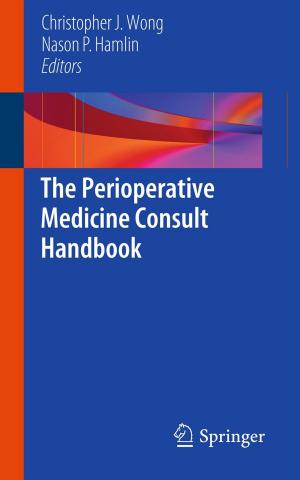Optimal Learning Environments to Promote Student Engagement
Nonfiction, Social & Cultural Studies, Social Science, Social Work, Health & Well Being, Psychology, Child & Adolescent, Child Development| Author: | David J. Shernoff | ISBN: | 9781461470892 |
| Publisher: | Springer New York | Publication: | May 29, 2013 |
| Imprint: | Springer | Language: | English |
| Author: | David J. Shernoff |
| ISBN: | 9781461470892 |
| Publisher: | Springer New York |
| Publication: | May 29, 2013 |
| Imprint: | Springer |
| Language: | English |
Optimal Learning Environments to Promote Student Engagement analyzes the psychological, social, and academic phenomena comprising engagement, framing it as critical to learning and development. Drawing on positive psychology, flow studies, and theories of motivation, the book conceptualizes engagement as a learning experience, explaining how it occurs (or not) and how schools can adapt to maximize it among adolescents. Examples of empirically supported environments promoting engagement are provided, representing alternative high schools, Montessori schools, and extracurricular programs. The book identifies key innovations including community-school partnerships, technology-supported learning, and the potential for engaging learning opportunities during an expanded school day. Among the topics covered:
- Engagement as a primary framework for understanding educational and motivational outcomes.
- Measuring the malleability, complexity, multidimensionality, and sources of engagement.
- The relationship between engagement and achievement.
- Supporting and challenging: the instructor’s role in promoting engagement.
- Engagement within and beyond core academic subjects.
- Technological innovations on the engagement horizon.
Optimal Learning Environments to Promote Student Engagement is an essential resource for researchers, professionals, and graduate students in child and school psychology; social work; educational psychology; positive psychology; family studies; and teaching/teacher education.
Optimal Learning Environments to Promote Student Engagement analyzes the psychological, social, and academic phenomena comprising engagement, framing it as critical to learning and development. Drawing on positive psychology, flow studies, and theories of motivation, the book conceptualizes engagement as a learning experience, explaining how it occurs (or not) and how schools can adapt to maximize it among adolescents. Examples of empirically supported environments promoting engagement are provided, representing alternative high schools, Montessori schools, and extracurricular programs. The book identifies key innovations including community-school partnerships, technology-supported learning, and the potential for engaging learning opportunities during an expanded school day. Among the topics covered:
- Engagement as a primary framework for understanding educational and motivational outcomes.
- Measuring the malleability, complexity, multidimensionality, and sources of engagement.
- The relationship between engagement and achievement.
- Supporting and challenging: the instructor’s role in promoting engagement.
- Engagement within and beyond core academic subjects.
- Technological innovations on the engagement horizon.
Optimal Learning Environments to Promote Student Engagement is an essential resource for researchers, professionals, and graduate students in child and school psychology; social work; educational psychology; positive psychology; family studies; and teaching/teacher education.















